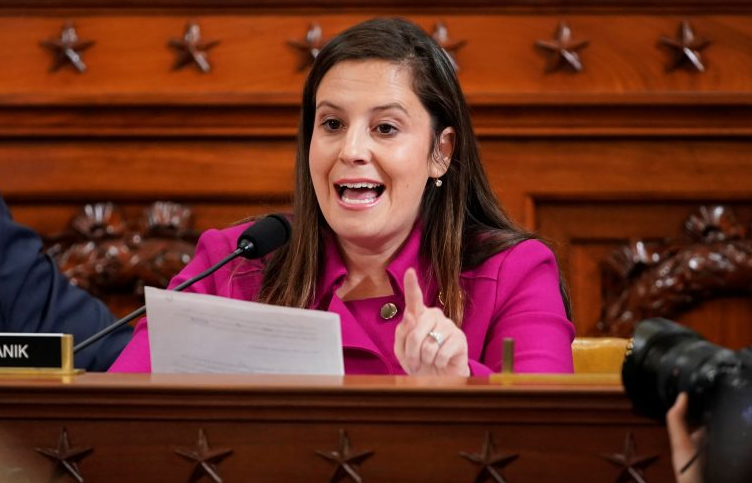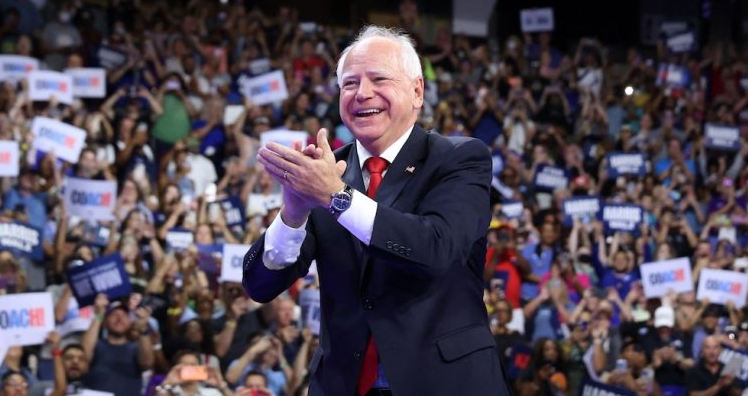Republican state representatives in Massachusetts are pushing for transparency regarding the state’s expenditure on migrant assistance, which has reportedly exceeded a billion dollars. Here’s a clearer breakdown of the situation:
-
Demand for Transparency: The Massachusetts Republican Party (MassGOP) is demanding a detailed breakdown of how these funds have been spent. They argue that the public has been kept in the dark about where this money is going.
-
Criticism of Secrecy: Amy Carnevale, Chair of the MassGOP, has accused the Healey administration of spending nearly a billion dollars covertly, leaving taxpayers uninformed about the allocation of these funds.
-
Information Access Restrictions: Carnevale also highlighted that access to information involving law enforcement, fire departments, and emergency services related to migrant issues has been restricted, which she believes is part of a broader effort to obscure the true costs and impacts of the migrant situation.
-
FOIA Requests: Carnevale has called for specific information under the Freedom of Information Act, including:
-
Details on funding for migrant housing.
-
Identities of entities providing emergency accommodations.
-
Locations of these facilities.
-
Records of public safety incidents related to migrants.
-
-
Political Stance: The MassGOP is taking a firm stance against what they perceive as a ‘wall of secrecy’ built by the Democratic majority in Massachusetts, criticizing the Healey-Driscoll administration for obstructing transparency.
-
Public Sentiment and Accountability: Carnevale emphasized the need for accountability to Massachusetts residents, stressing that transparency is crucial in handling this ongoing challenge.
-
Financial Implications: A report from the Center for Immigration Studies (CIS) suggests that the costs of accommodating migrants could strain state resources, with future implications for education, social services, healthcare, and public safety.
-
Long-term Concerns: The MassGOP’s scrutiny goes beyond mere financial accountability; it touches on the broader implications of how taxpayer money is being utilized and whether it’s being spent wisely in the face of a potentially preventable crisis.
-
Political Ramifications: This issue could have significant political consequences, affecting public trust in government transparency and the handling of migrant policies.
-
Balancing Act: The situation underscores the need for a balanced approach where humanitarian needs are met without compromising transparency and fiscal responsibility to the state’s citizens.
The MassGOP’s insistence on transparency isn’t just about the numbers; it’s about ensuring that the government’s actions align with democratic principles of an informed electorate. The forthcoming responses from state authorities will be crucial in addressing these concerns and maintaining public trust.
Enough is enough! The MassGOP has submitted FOIA requests demanding transparency from the Healey-Driscoll Admin. Nearly $1B is shrouded in secrecy surrounding the migrant crisis, with 600 emergency incidents hidden from the public. We demand answers.#mapoli #MassGOP pic.twitter.com/1akUJEQjPk
— MassGOP (@massgop) August 27, 2024
The demand for transparency in government spending, particularly in Massachusetts, has become a focal point for Republican state representatives, highlighting a broader national discourse on accountability and public trust. This issue isn’t isolated to Massachusetts but reflects a growing sentiment across the U.S., where citizens and their elected officials are questioning the opacity in how taxpayer money is spent, especially in times of crisis like the migrant influx.
Public Sentiment and Political Strategy
Recent posts on X (formerly Twitter) capture a spectrum of public frustration and political strategy concerning transparency in government spending. Users express dismay over what they perceive as a lack of accountability, with sentiments like “I’m tired of secrecy” echoing through the platform. This reflects a broader public distrust in government transparency, where citizens feel disconnected from the processes that directly affect their tax dollars.
Politicians, like Representative Claudia Tenney, have utilized this platform to announce legislative actions aimed at increasing transparency, such as calling for a full audit of COVID-19 spending. This move not only addresses public sentiment but also positions political parties as champions of transparency, potentially influencing voter behavior in upcoming elections.
The Role of Transparency in Democracy
Transparency in government spending is not just about numbers; it’s about the health of democracy itself. When citizens are left in the dark about how their money is spent, it erodes trust in government institutions. This scenario in Massachusetts, where over a billion dollars is reportedly spent on migrant assistance with limited public disclosure, exemplifies this issue. The demand for transparency here isn’t merely a political tactic but a call to uphold democratic principles where an informed citizenry is essential for governance.
Challenges in Achieving Transparency
The path to greater transparency faces several hurdles. Firstly, there’s the issue of what constitutes “confidential” information in government spending. Legislative officials often cite confidentiality for not disclosing spending details, which critics argue is a veil for inefficiency or corruption. Secondly, the political will to enforce transparency can be lacking, especially when the ruling party benefits from the status quo.
The Massachusetts Case Study
In Massachusetts, the Republican push for transparency on migrant spending underscores a broader political strategy. By highlighting what they term as “secret” spending, they’re not only challenging the Democratic administration’s policies but also appealing to voters’ sense of fairness and accountability. This strategy could resonate in a state where, despite a strong Democratic presence, issues of transparency might sway independent or moderate voters.
Looking Forward
The demand for transparency in Massachusetts could set a precedent for other states. If successful, it might encourage a nationwide movement towards more open government spending practices. However, achieving this requires not just political will but also changes in legislation to enforce transparency without compromising necessary confidentiality in certain government operations.
Conclusion
The debate over government spending transparency in Massachusetts, as reflected in public sentiment and political maneuvers, underscores a critical moment for American democracy. It’s a reminder that while government operations might require some level of secrecy for efficiency or security, the default should always lean towards openness. The push for transparency, especially in significant expenditures like those for migrant assistance, isn’t just about fiscal accountability but about restoring and maintaining public trust in government. As this issue unfolds, it will be crucial to watch how both parties navigate this demand, potentially setting new standards for government accountability across the U.S.






